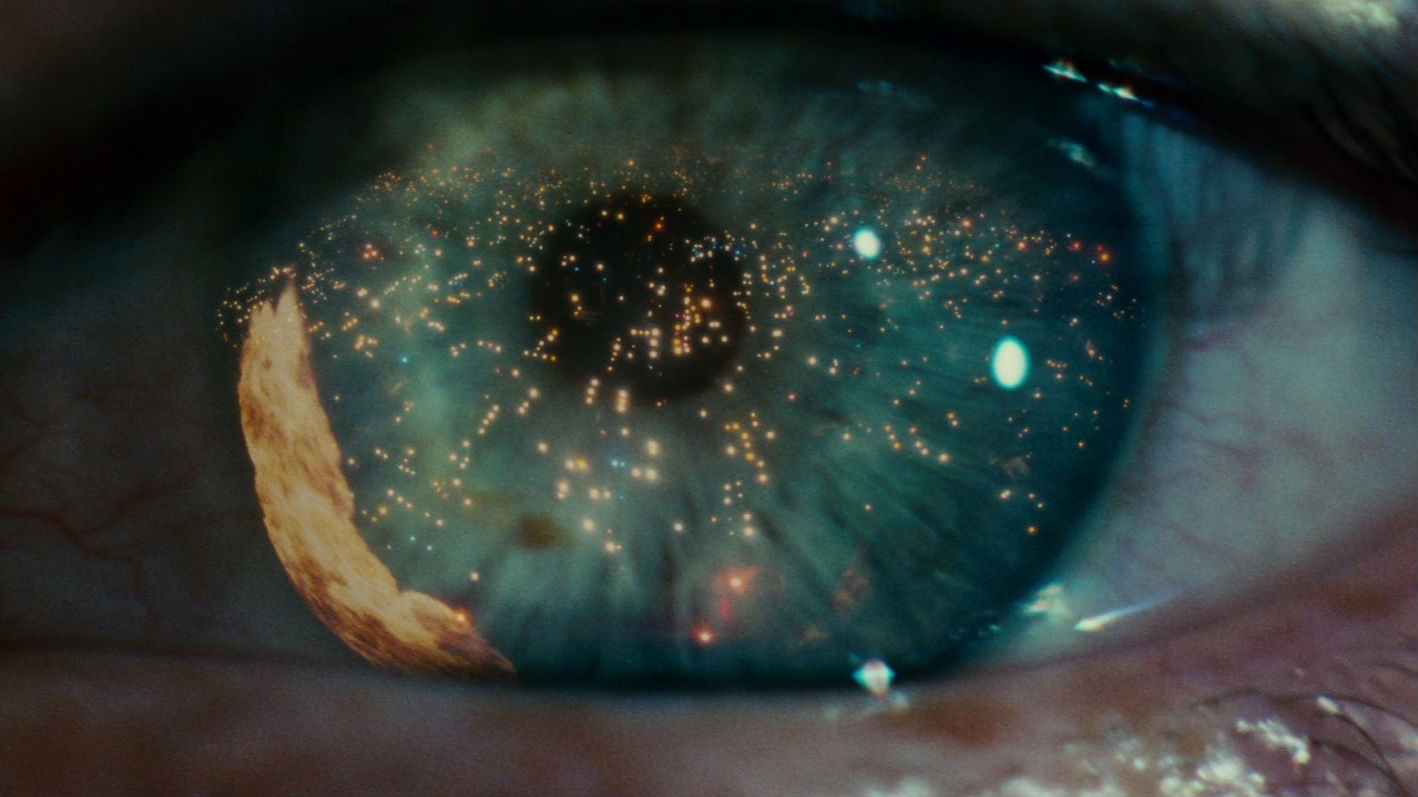The Age of Artificial Intelligence
This week, Watson takes on humans at “Jeopardy!” But how close are we to a computer that thinks? Google’s director of research explains how far we’ve come.
Sign up for Big Think on Substack
The most surprising and impactful new stories delivered to your inbox every week, for free.
Early A.I. research concentrated on what seemed to be difficult intellectual tasks, such as playing grandmaster level chess, or proving theorems in integral calculus. But it turned out that these examples of logical thinking are actually not so difficult for a computer to duplicate; all it takes is a few well-defined rules and a lot of computing power. In contrast, tasks that we at first thought were easy turned out to be hard. A toddler (or a dog) can distinguish hundreds of objects (ball, bottle, blanket, mother, etc.) just by glancing at them, but it turned out to be very difficult to build a computer vision system that performs at this level.
Sign up for Big Think on Substack
The most surprising and impactful new stories delivered to your inbox every week, for free.



